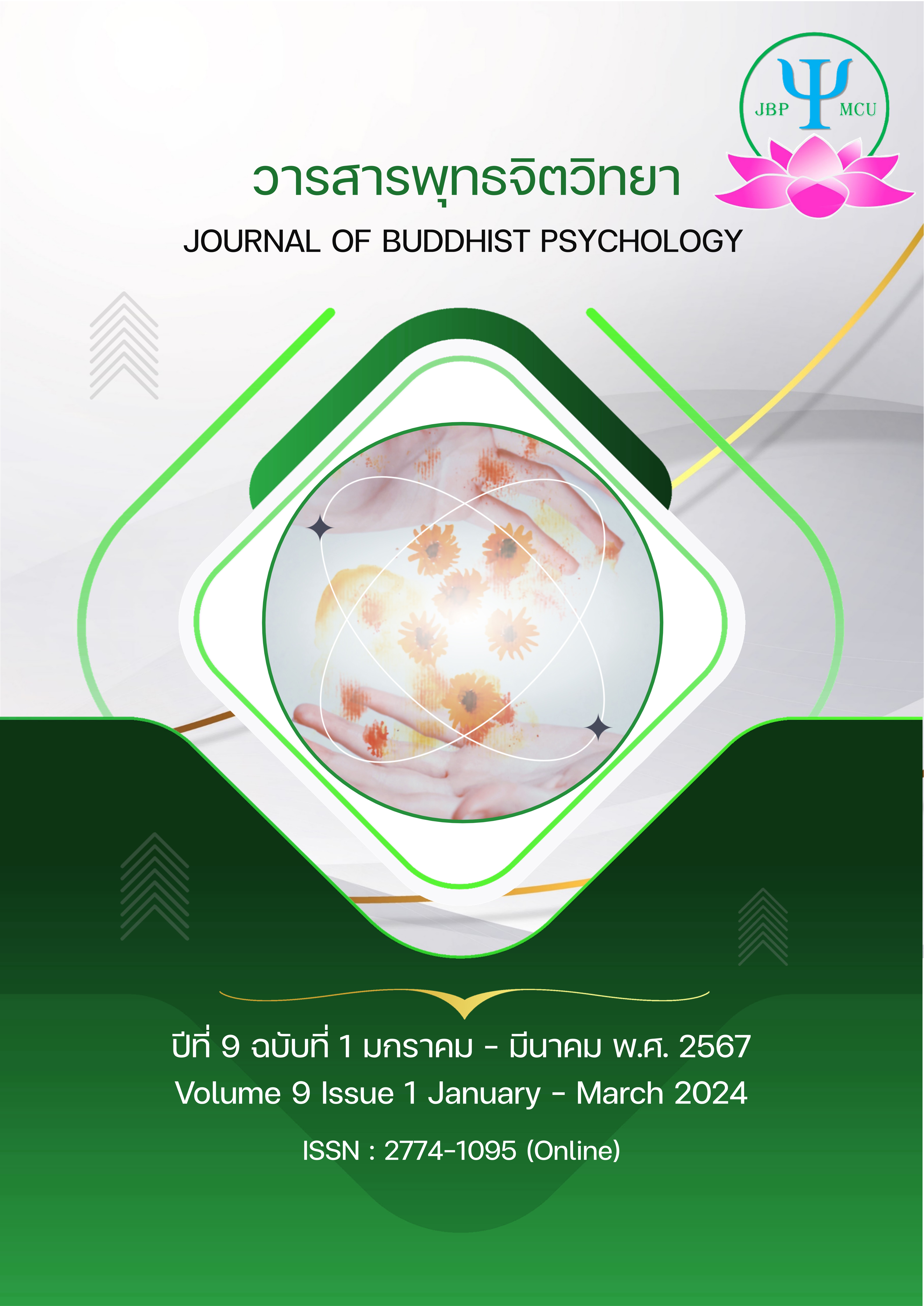การเปิดเผยเรื่องสำคัญในการตรวจสอบกับผลตอบแทนหุ้น
Main Article Content
บทคัดย่อ
บทความวิจัยนี้มีวัตถุประสงค์เพื่อศึกษาความความสัมพันธ์ของการเปิดเผยเรื่องสำคัญในการตรวจสอบในภาพรวมต่อผลตอบแทนหุ้นใน 3 ช่วงเหตุการณ์และความสัมพันธ์ของการเปิดเผยเรื่องสำคัญในการตรวจสอบรายประเด็น ต่อผลตอบแทนหุ้น ใน 3 ช่วงเหตุการณ์ ได้แก่ (1) ช่วงระยะเวลา 3 วัน (-1, +1), (2) ช่วงระยะเวลา 5 วัน (-1, +3), และ (3) ช่วงระยะเวลา 7 วัน (-1, +5) งานวิจัยนี้เป็นการศึกษาเชิงประจักษ์ กลุ่มตัวอย่างที่ใช้ในการศึกษา ได้แก่บริษัทจดทะเบียนในตลาดหลักทรัพย์แห่งประเทศไทย รวมทั้งสิ้น 256 บริษัท ข้อมูลที่ใช้ในการวิเคราะห์ คือข้อมูลจากหน้ารายงานของผู้สอบบัญชีรับอนุญาตของบริษัทที่จดทะเบียนในตลาดหลักทรัพย์ และราคาปิดของหุ้น ตั้งแต่ปี พ.ศ. 2559 - ปี พ.ศ. 2560 วิเคราะห์โดยใช้สถิติเชิงพรรณนาและการวิเคราะห์การถดถอยสหสัมพันธ์ ผลการวิจัยพบว่า ไม่พบความสัมพันธ์ ของการเปิดเผยเรื่องสำคัญในการตรวจสอบในภาพรวมต่อผลตอบแทนหุ้น แต่พบความสัมพันธ์ในทิศทางลบอย่างมีนัยสำคัญของการเปิดเผยเรื่องสำคัญในการตรวจสอบใน 2 ประเด็น คือ ประเด็นการด้อยค่าของสินทรัพย์ต่อผลตอบแทนหุ้นในช่วงเหตุการณ์ 5 วัน (-1,+3) (P-value = 0.058) และ ช่วง 7 วัน (-1,+5) (P-value = 0.021) และประเด็นค่าเผื่อหนี้สงสัยจะสูญ 1 ช่วงเหตุการณ์ คือ ช่วง 3 วัน (-1,+1) (P-value = 0.080)
Article Details

อนุญาตภายใต้เงื่อนไข Creative Commons Attribution-NonCommercial-NoDerivatives 4.0 International License.
เอกสารอ้างอิง
วสุโชติ พรหมจิรโชติ, ธีรชัย อรุณเรืองศิริเลิศ และ พเยีย เสงี่ยมวิบูล. (2559). ความผิดทางด้านบัญชีของบริษัทจดทะเบียนในตลาดหลักทรัพย์แห่งประเทศไทย. วารสารสุโขทัยธรรมาธิราช, 32(2), 44-54.
Ameen, E. C., Chan, K. & Guffey, D. M. (1994). Information Content of Qualified Audit Opinions for Over‐the‐Counter Firms. Journal of Business Finance & Accounting, 21(7), 997–1011.
Ball, R., Walker, R. G. & Whittred, G. P. (1979). Audit Qualifications and Share Prices. Abacus, 15(1), 23-34.
Chan, W. C. (2003). Stock price reaction to news and no-news: Drift and reversal after headlines. Journal of Financial Economics, 70(2), 223-260.
Chen, C. J. P., Su, X. & Zhao, R. (2000). An Emerging Market’s Reaction to Initial Modified Audit Opinions: Evidence from the Shanghai Stock Exchange. Contemporary Accounting Research, 17(3), 429-455.
Chow, C. W. & Rice, S. J. (1982). Qualified Audit Opinions and Share Prices-An Investigation. Auditing: A Journal of Practice & Theory, 1(2), 35-53.
Cordo, G.-S. & Fülöp, M.-T. (2015). Understanding audit reporting changes : introduction of Key Audit Matters. Accounting and Management Information Systems, 14(1), 128–152.
DeAngelo, L. E. (1981). Auditor size and audit quality. Journal of Accounting and Economics, 3(3), 183-199.
Dodd, P., Dopuch, N., Holthausen, R. & Leftwich, R. (1984). Qualified audit opinions and stock prices. Information content, announcement dates, and concurrent disclosures. Journal of Accounting and Economics, 6(1), 3–38.
Doxey, M. (2014). The effects of auditor disclosures regarding management estimates on financial statement users’ perceptions and investments. Available at SSRN 2181624. https://ssrn.com/abstract = 2181624
Fama, E. F. (1998). Market efficiency, long-term returns, and behavioral finance. Journal of Financial Economics, 49(3), 283–306.
Gutierrez, E., Minutti-Meza, M., W., T. K. & Vulcheva, M. (2016). Consequences of changing the auditor’s report: Evidence from the UK. Social Science Research Network. In AAA Auditing Section Midyear Meeting 2016.
Ianniello, G. & Galloppo, G. (2015). Stock market reaction to auditor opinions – Italian evidence. Managerial Auditing Journal, 30(6/7), 610–632.
Soltani, B. (2000). Some Empirical Evidence to Support the Relationship Between Audit Reports and Stock Prices — The French Case. International Journal of Auditing.
Srijunpeth, S. (2016). Key Audit Matters in an Auditor’s Reports and Response of the Stock Exchange of Thailand. Journal of Accounting Profession, 38, 22 – 37.
Tahinakis, P., & Samarinas, M. (2016). The incremental information content of audit opinion. Journal of Applied Accounting Research, 17(2), 139–169.


